Asters are in demand among gardeners due to the variety of varieties and bright colors. They are unpretentious in care and tolerate temperature changes well. Growing through seedlings guarantees long, lush flowering.

Soil preparation
To grow healthy, strong seedlings, you need to prepare the soil. Mix earth, sand, humus in equal portions, add half a glass of ash. The soil should be loose. If a purchased substrate is used, it must be heated in the oven or treated with boiling water. The container needs drainage holes. Place perlite, small stones or expanded clay at the bottom to avoid waterlogging of the plants.
Sowing seeds
Only fresh seeds have good germination. The seed must be pickled in a weak solution of potassium permanganate or a 3% solution of hydrogen peroxide for 15 minutes. Optimal planting dates are the end of March, April, and the first ten days of May. Don't plant in a crowd. Sprinkle calcined sand on top of the grooves to protect the sprouts from blackleg. Cover the container with cling film, a plastic bag or glass until shoots appear. Ventilate periodically for half an hour. The greenhouse effect creates optimal thermal and humidity conditions.
Care
When sprouts appear and peck, the coating is removed.In cloudy weather, additional lighting will be needed.
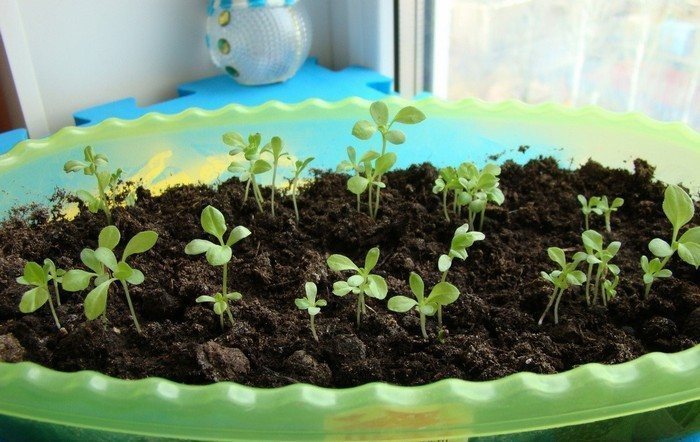
Temperature - not lower than 18 °C. After biting, reduce by 2-3 degrees. The soil should be slightly moist, without drying out or waterlogging. Water at the root.
Top dressing
Nutrients are the foundation for a healthy plant, abundant flowering, and protection from disease.
- Add half a teaspoon of saltpeter and the same amount of nitrophoska to a liter of water;
- Feed with granulated sugar once a month. For 1 liter of liquid - 2 tablespoons;
- add ash to the root zone;
- complex fertilizers;
- 1 liter of water and 1 tsp. aloe juice is a good fertilizer for weakened plants.
Picking
When two leaves appear, the seedlings need to be transplanted into separate pots, deepened to the cotyledon leaves.
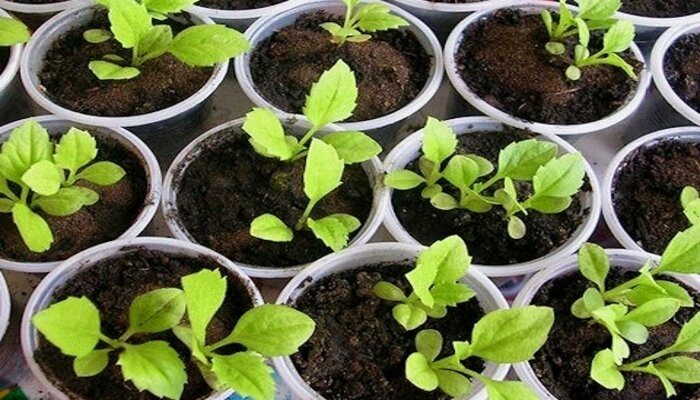
Water thoroughly before replanting. Dig carefully without damaging the roots. While the seedlings are taking root, cover from exposure to sunlight. After two weeks, add any additional fertilizer.
Asters grown from seeds will decorate any area. If you follow the rules of agricultural technology and these recommendations, you can achieve excellent results. The plant will decorate the garden with a colorful extravaganza. It will delight you with lush flowers until frost.


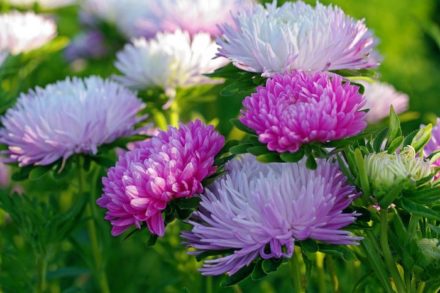
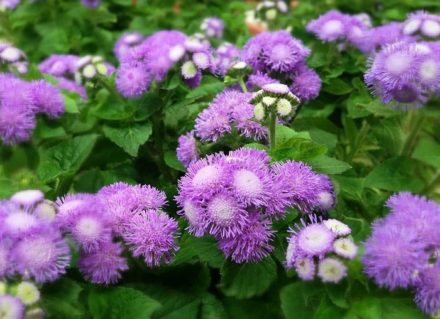
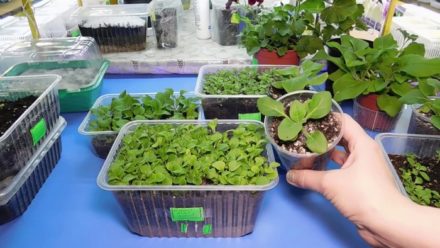
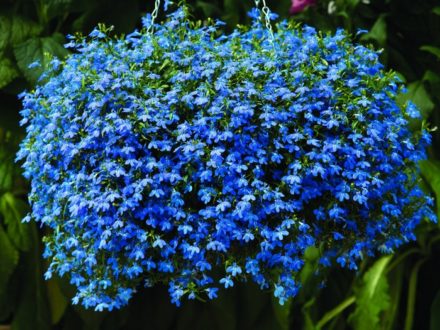
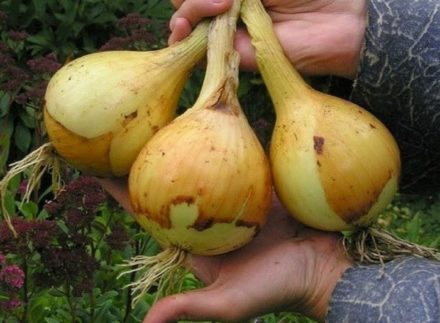
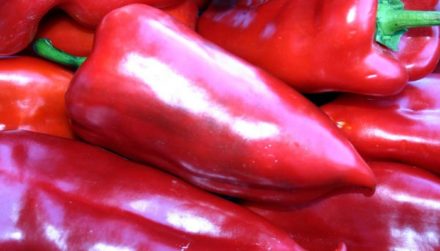
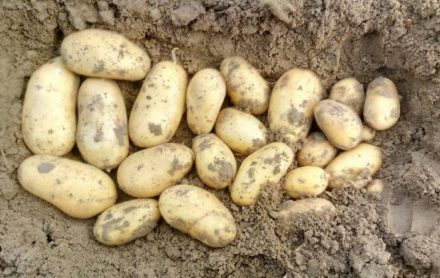
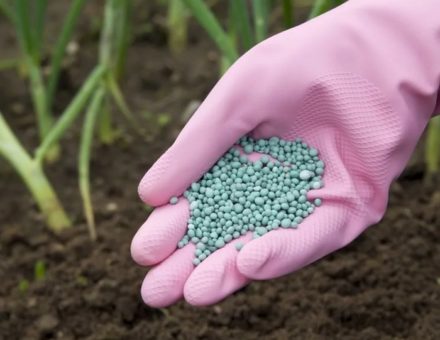
Dancing with a tambourine.